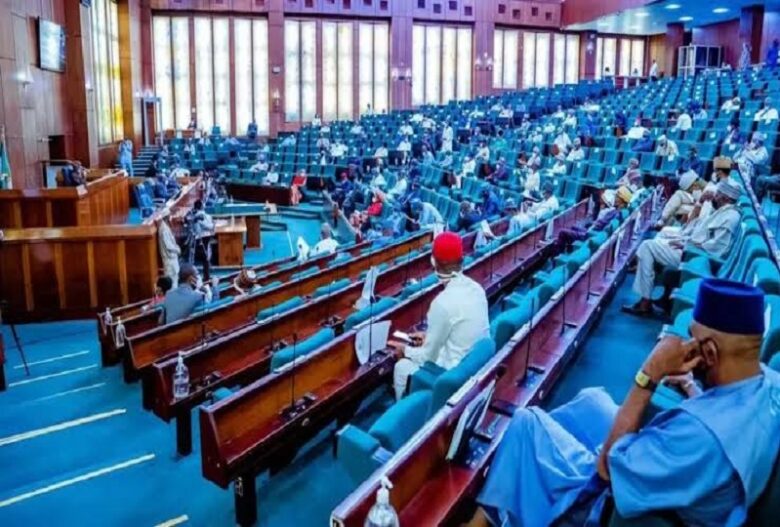Nigeria’s House of Representatives Committee on Financial Crimes has issued a summons to Binance CEO Richard Teng amidst concerns of money laundering.
Committee Chairman Ginger Onwusibe, as reported by local news source The Punch, has given Binance management a seven-day ultimatum during a panel held on March 1st.
The ultimatum demands the executives’ appearance before the committee on March 4, 2024.
On February 27th, an official from the Central Bank of Nigeria (CBN) expressed concerns regarding the cryptocurrency exchange Binance, alleging suspicious fund flows through the exchange in 2023.
Onwusibe, the chairman of the House of Representatives Committee on Financial Crimes, issued a warning stating that if Binance disregards the summons, the committee would be compelled to exercise its constitutional authority and take appropriate actions.
According to the Punch, a letter dated December 12, 2023, signed by Chairman Onwusibe, called for a hearing with the Binance Managing Director scheduled for December 18, 2023.
Teng, the CEO of Binance, expressed disappointment over his inability to attend several invitations regarding the issue. Onwusibe underscored that this disregard for existing laws regulating commercial and financial operations in the country is troubling.
He reiterated the committee’s commitment to combating financial crimes and emphasized the constitution’s authority to safeguard Nigerians, especially from financial crimes involving foreign companies.
Reports emerged stating that the office of the National Security Adviser in Nigeria’s capital, Abuja, detained two senior Binance officials as the country intensified pressure on cryptocurrency exchanges to mitigate speculation about the naira.
In response to mounting pressures, Binance removed the naira from its peer-to-peer (P2P) service on Wednesday, February 28th.
The P2P feature enables users to trade directly with each other, bypassing the need for a third party.
Binance gained popularity in Nigeria in 2021 after the government banned the burgeoning crypto industry during the administration of former President Muhammadu Buhari.
In December 2023, the Central Bank of Nigeria (CBN) lifted a two-year ban on banks conducting crypto transactions and concurrently issued guidelines to regulate crypto asset service providers.
Nigeria emerged as the second country to introduce a central bank digital currency in 2022. Furthermore, in February, the African Stablecoin Consortium unveiled the naira-pegged cNGN stablecoin within the CBN-regulated crypto space.









Got a Question?
Find us on Socials or Contact us and we’ll get back to you as soon as possible.